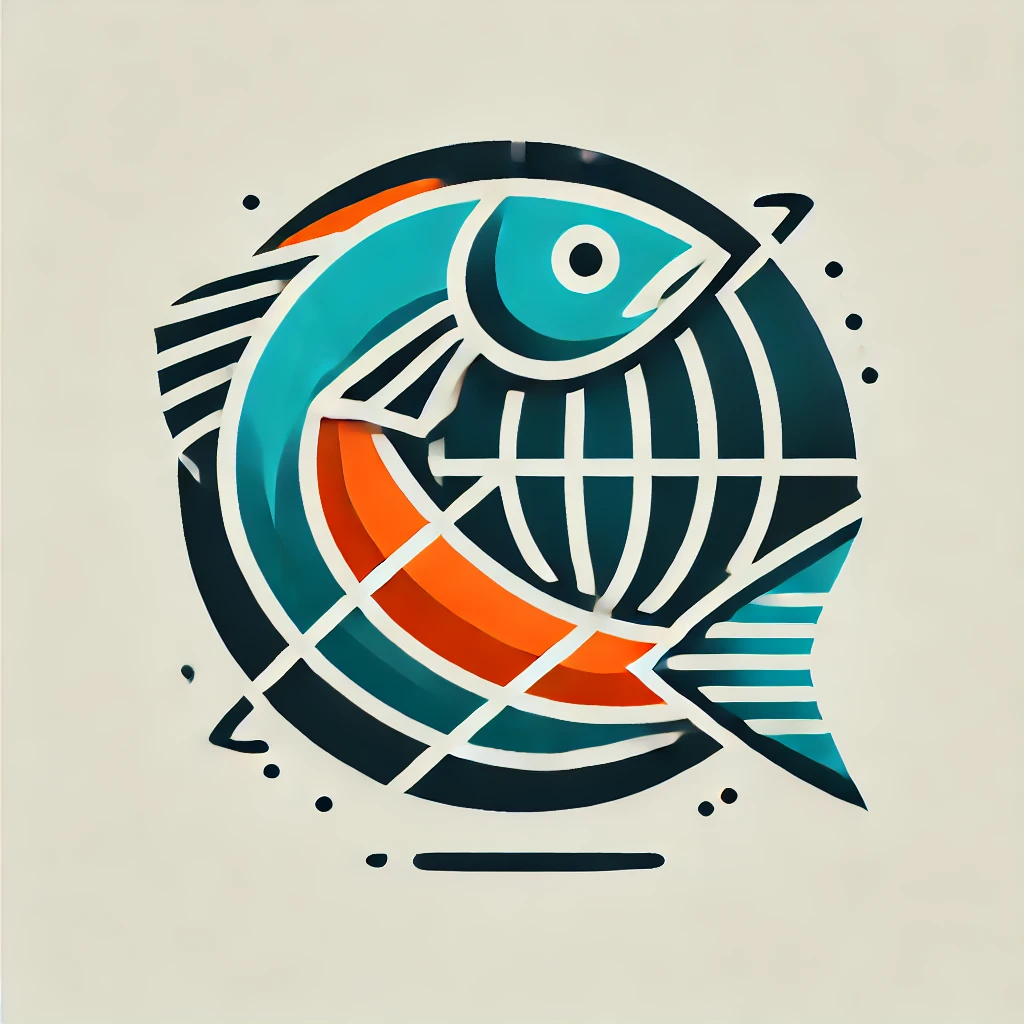Dorado Fishing Opportunities in Spain: A Prime Destination for Anglers
Spain is widely celebrated for its rich maritime heritage, diverse aquatic ecosystems, and thriving sport fishing culture. Among the many species sought by anglers visiting the Iberian Peninsula, the dorado—also known in some regions as mahi-mahi or dolphinfish—stands out as a remarkable catch. Although commonly associated with tropical and subtropical waters, dorado can also be found in Spanish waters, particularly along the Mediterranean coast during warmer months. These seasonal migrations present an exciting opportunity for fishing enthusiasts who travel to Spain in search of diverse angling experiences.
The dorado (Coryphaena hippurus) is a fast-growing, pelagic fish known for its dazzling iridescent colors, acrobatic fights, and impressive speed in the water. Typically found in offshore waters, dorado favor warmer sea temperatures, which makes Spain's Mediterranean coast an occasional hotspot, especially during late summer and early autumn. While they are not as commonly found in the Atlantic side of Spain, occasional sightings and catches have been recorded off the coasts of Andalusia and the Canary Islands, where the oceanic currents bring warmer waters. These migratory patterns mean that anglers must plan their trips carefully to align with the best seasonal windows for dorado fishing.
In Spain, dorado are primarily encountered by offshore anglers venturing into deeper waters, often using trolling techniques with artificial lures or rigged baits. Charter services operating out of ports like Valencia, Alicante, and Málaga offer guided trips aimed at locating and catching pelagic species such as dorado and tuna. These charters often employ fish finders, GPS technology, and local expertise to maximize the likelihood of successful catches. While catching dorado in Spanish waters is less predictable than in tropical destinations, the challenge and rarity of the experience make it particularly appealing to seasoned anglers.
Ideal Seasons and Regional Hotspots
The most favorable time for dorado fishing in Spain is generally between August and October, when sea surface temperatures reach their peak and migratory fish enter the region. The Mediterranean Sea, with its relatively warmer climate and abundance of floating debris and weed lines, offers the best conditions for dorado. These floating structures often attract small fish and crustaceans, which in turn lure dorado into the area. Anglers targeting these spots can expect high-energy fishing and visually stunning catches, as dorado are known to leap spectacularly when hooked.
The Balearic Islands, particularly Mallorca and Ibiza, are popular among anglers seeking offshore adventures. The waters surrounding these islands have been known to yield occasional dorado catches, especially during late summer. The Canary Islands, though located farther south and technically outside the mainland, offer a more tropical environment and have become known for their consistent offshore fishing scene. Here, dorado are more reliably present due to the warmer Atlantic currents and the archipelago's proximity to the African coast. For anglers traveling to Spain specifically to target dorado, these islands may provide the best chance of success.
Fishing Methods and Equipment
Trolling is the most effective method for targeting dorado in Spanish waters. This technique involves dragging lures or baited lines behind a moving boat to attract fast-swimming pelagic species. Dorado are known to strike a variety of lures, including brightly colored skirted trolling lures, feathers, and live baits like mackerel or sardines. Many anglers also use chumming techniques to keep dorado around the boat once they are located. It is not uncommon to find dorado traveling in schools, so catching multiple fish in a single outing is possible if the conditions are favorable.
Anglers should equip themselves with medium to heavy spinning or conventional tackle, depending on the size of the fish and the depth at which they are fishing. Dorado are known for their aggressive runs and aerial displays, so a strong drag system and quality line are essential. Fluorocarbon leaders are often used to prevent bite-offs, as dorado have sharp teeth and can quickly damage lighter lines. A typical setup may include a 20- to 30-pound class rod, matched with a reel capable of holding several hundred yards of line, giving anglers the leverage needed to battle these powerful fish.
Conservation and Local Regulations
As with all sport fishing activities in Spain, regulations are in place to ensure sustainable practices and the protection of marine biodiversity. Anglers must acquire the appropriate fishing licenses, which can be obtained through regional government portals or authorized agencies. These licenses typically specify the zones, species, and methods permitted for recreational fishing. Although dorado are not a protected species in Spain, responsible fishing practices are strongly encouraged to preserve their populations and maintain healthy ecosystems.
Catch limits, minimum size requirements, and gear restrictions may vary depending on the region, so it is important for traveling anglers to familiarize themselves with local rules before embarking on their trips. Participating in catch-and-release practices or adhering to recommended bag limits helps ensure that the thrill of dorado fishing remains available to future generations. Many charter operators in Spain are also committed to sustainability and will guide clients in ethical fishing practices during their excursions.
Fishing for dorado in Spain offers a unique and rewarding experience for those willing to time their trips with the species' seasonal migrations. From the Balearic and Canary Islands to the Mediterranean coasts of mainland Spain, opportunities exist to pursue this vibrant and spirited game fish. Whether you are a seasoned angler or a traveling enthusiast seeking a memorable offshore adventure, Spain provides the natural beauty, professional resources, and occasional pelagic surprise to make your trip worthwhile. With preparation, local knowledge, and a bit of luck, you might just find yourself in the midst of an exhilarating dorado battle in Spanish waters.

